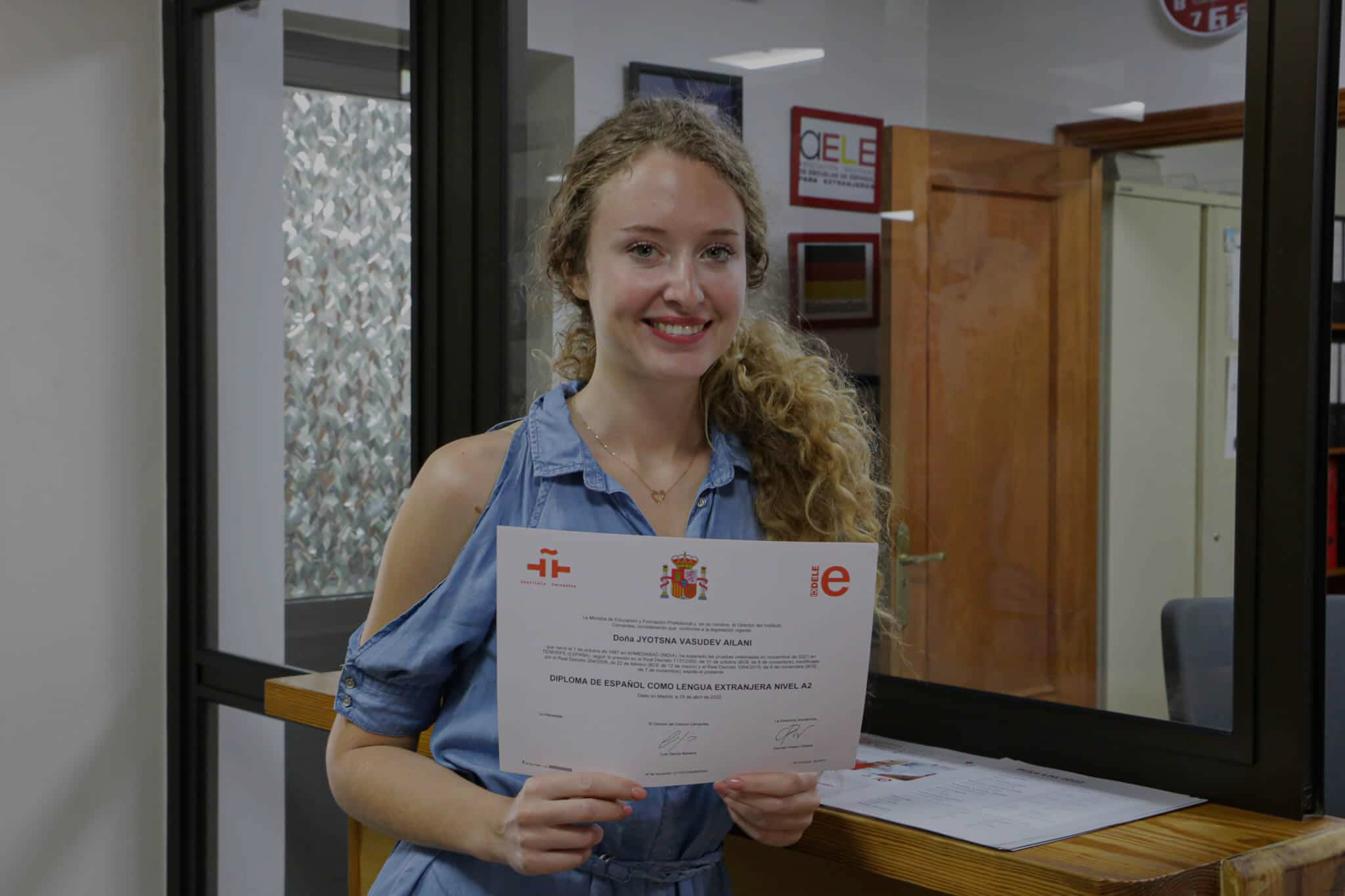STUDY IN MAURITIUS
Education in Mauritius is a cornerstone of the nation’s development and is characterized by a strong emphasis on accessibility and quality. With a literacy rate of approximately 93%, the country has made significant strides in improving its educational framework since gaining independence in 1968.
Tuition Fees
Quality of Education
Cultural Experience

Learn and Pass French Dalf/Delf Exams
DELF and DALF provide clear benchmarks for language proficiency based on the Common European Framework of Reference for Languages (CEFR), allowing learners to track their progress.
Some countries require proof of language proficiency for residency permits or citizenship applications. DELF and DALF certifications can satisfy these requirements. Having a recognized diploma can help newcomers integrate more easily into French-speaking communities.
Proficiency in French can open up job opportunities in French-speaking countries and companies.
Learn and Pass IELTS and TOEFL Exams
Toefl and Ielts are the most common and popular English exams to gain admission easily into countries like the USA, Canada, Majority of the universities in Europe, Asia, and South America.
TOEFL and IELTS are crucial tools for assessing English language proficiency, impacting academic, professional, and immigration opportunities. They play an essential role in helping individuals navigate the challenges of studying and working in English-speaking environments.Non-native English speakers who need to prove their English proficiency for academic, professional,


Learn and Pass Spanish DELE Exams
The DELE (Diplomas de Español como Lengua Extranjera) exam is designed to formally assess and certify a person's ability to communicate in Spanish. It is available to individuals in non-Spanish-speaking countries who wish to evaluate their Spanish proficiency. The exam covers six proficiency levels, ranging from A1 (beginner) to C2 (proficient), according to the Common European Framework of Reference for Languages (CEFR).
Helpful for admission to Spanish-speaking universities and beneficial for job applications in Spanish-speaking countries or international companies.
